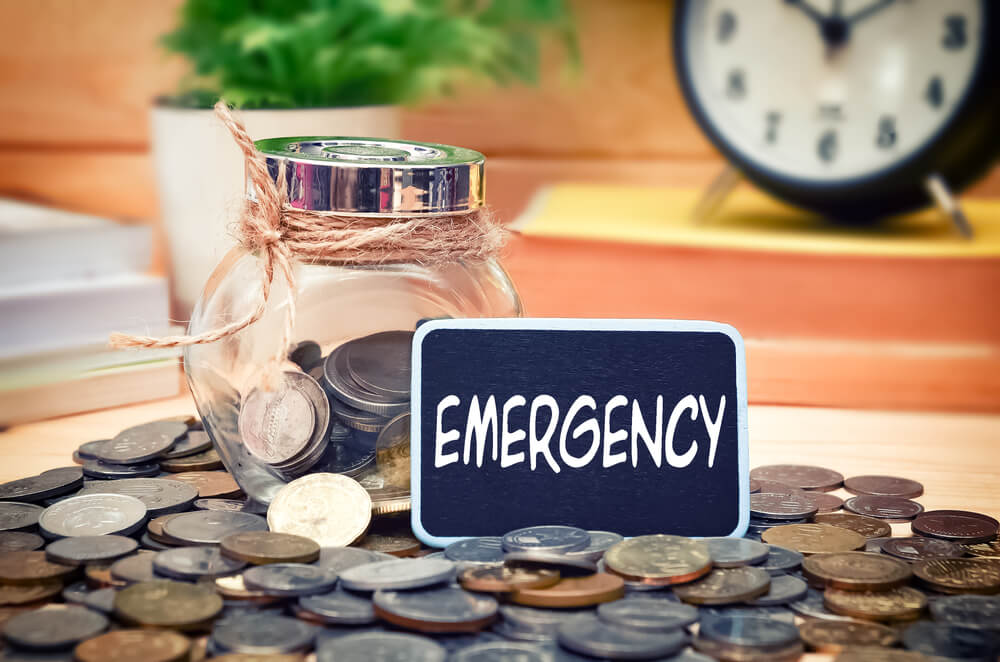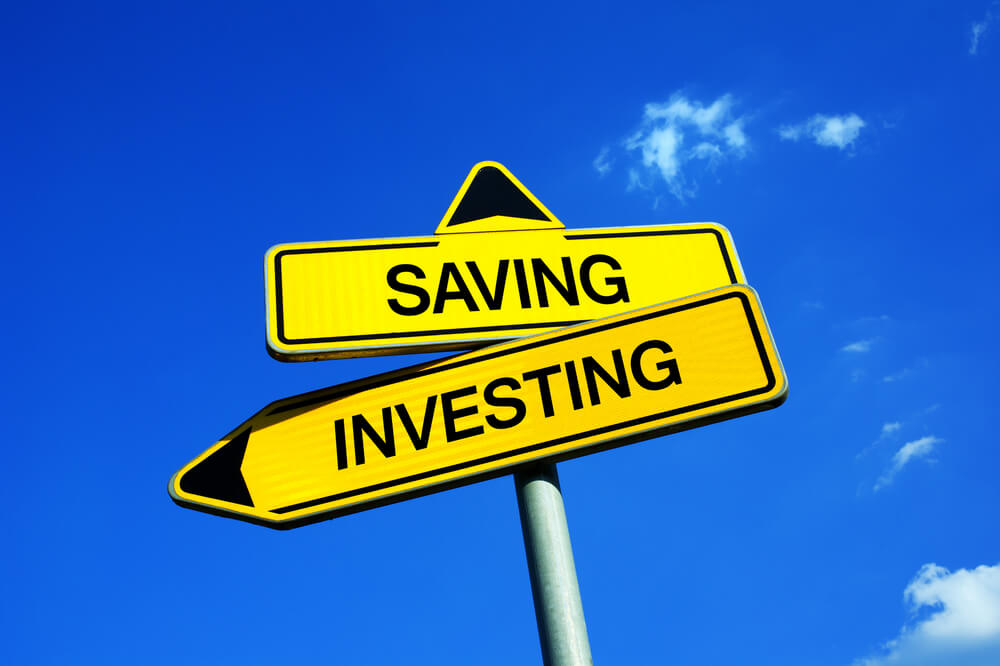Important money decisions start even before you turn thirty. Therefore, becoming financially wise at a young age is essential if you want security and peace of mind in your later years.
Here is a to-do list of the investment- and savings-related things you can start accomplishing at a young age that can help improve your financial well-being.
- Invest in Yourself
Investing in yourself means putting your time and money on things that teach and help you transform your life, finances, and future for the better.
Instead of focusing on material things, you focus on taking advantage of opportunities that would help you grow and positively impact your finances in the future.
- Settle Debt
Investing early means you need to complete paying off all your debts. That way, you can have the resources and time to focus on important financial responsibilities. Plus, being debt-free can help make the process of early investing more manageable for you.
- Learn to be Independent
The path to adulthood involves learning to rely on your own abilities and provide for yourself financially.
By mid-20, you should work on living independently. This idea can help you pick up excellent financial management skills and provide you the opportunity to learn ways that would allow you to get by on your own.
- Invest for the Long-Term Gains
Saving alone won’t cut it when you’re at an age where you have been working for a few years and earning a reasonable salary. If you want to have more financial security today and in the future, you can consider betting on long-term investments.
While investing can be a nerve-wracking venture due to the knowledge and skill required and the risk associated with it, you can get started on it by having a strategy and assets that align with your long-term financial goals.
- Diversify
Diversification is crucial to investing wisely. By allocating your money across different securities, you’re striking a balance between the potential rewards and risks associated with the investments in your portfolio.
- Calculate Your Return on Investments (ROI)
Your return on investments (ROI) refers to the amount you can make or lose on the money you have invested. By determining your ROI, you can see how much you can receive on maturity. You can calculate your ROI by dividing the profit you made on an investment by the cost of that investment.
- Understand the Impact of Inflation
It’s essential to have a good understanding of how inflation can impact your finances. Not only does inflation affects the cost of living, but it also reduces the purchasing power of an average individual.
Inflation weakens the value of savings over time due to higher prices. In other words, you lose money each time your savings is unable to grow as much as inflation.

- Build an Emergency Fund
Prepare for the unexpected, as they say. The events of the past year and this year have taught us that life is unpredictable and that a financial backup plan is vital.
Therefore, you should have an emergency fund in place to cover whatever expenses that need to be covered should you find yourself in an unexpected situation.
- Determine Which Account You Should Use
Every account has been designed differently to meet different purposes. A savings account is an ideal place to put your money to work, as it offers high-interest rates compared to other accounts.
On the other hand, money market accounts or no-penalty CDs are suitable options if you’re saving money for near-future use, like emergency funds or an upcoming expense.
- Sign Up for Health Insurance
Getting healthcare insurance early can also help you achieve your future goals in life. That is why you should add it to your list of priorities.
Try not to delay applying for one, just because you have other financial commitments. Healthcare today is pretty expensive, so you may want to sign up for one as soon as possible.
- Save for Retirement
People in their 20s or 30s can also open a retirement account if they want to, even if they are still years away from retirement. Moreover, contributing to a retirement account at a young age offers several advantages, and saving for one could work in your favor in the long run.
- Make a Budget
Spending your money according to budget allows you to save and prepare for future expenses. Putting the amount you wish or need to spend on paper can keep you from overspending your income.
Moreover, you’re setting aside money without thinking too hard about it when you have the amount for your expenses ready in advance.
- Get a Side-Hustle for Additional Income
Following a budget and being selective about where you spend your money is an excellent way to save, although it does not help that much in raising your wealth. In addition to investing, starting a side-hustle can make your money work for you, and it is one effective way to generate extra income.
- Become an Expert of Personal Finance
Don’t wait for your 40s to start learning the ropes of personal finance, as it might already be too late for you if you do that.
The road to becoming a master of your finances starts before you hit thirty. It requires learning about the safe, different avenues to store your money and ensuring properly that your financial needs are in line with the returns.
- Take Advantage of Cashback Offers
While cashback offers may seem small, you should consider using them, as they can turn into substantial savings if you look at how much money you spend on a monthly basis.
- Keep Your Impulsive Buying Behavior in Check
Your 20s or 30s is not the age where you spend money on an item just because you “want” it.
Keep in mind that impulse spending is not a good habit since you’re simply buying items that are unnecessary and unlikely to be used. This type of behavior will not only cost you money. It can also jeopardize the investments and savings plans you have worked so hard for.
- Always Have Liquid Assets
Make sure that you have assets that you can convert into cash immediately. Liquid assets can help if you need cash fast or right at this moment. It can also cover your monetary needs should you face financial challenges or emergencies.











